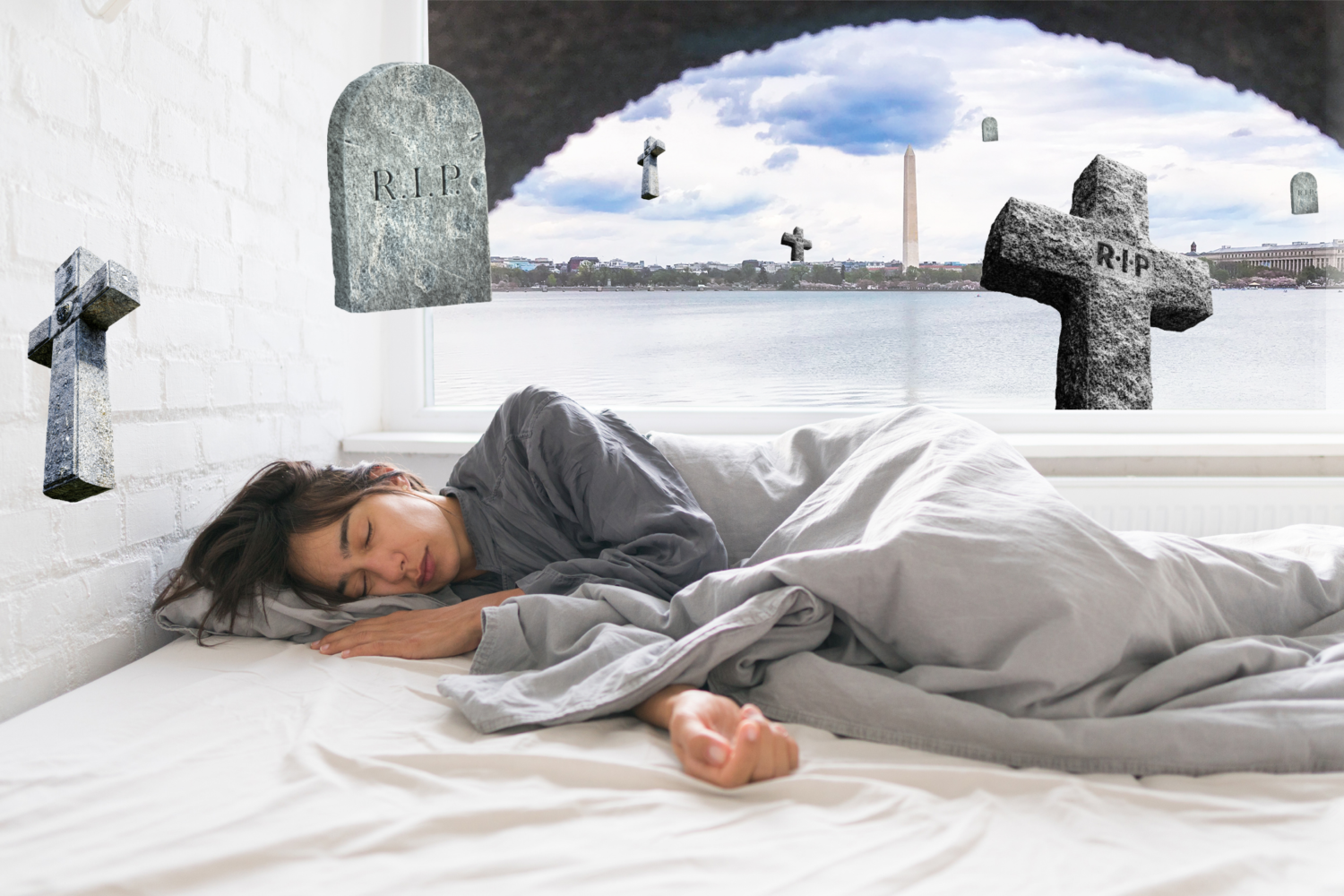Next time your boss yells at you for falling asleep at your desk, tell him or her you’re just learning on the job.
Sound risky? Maybe so, but there’s evidence to back it up. Researchers out of Northwestern University found that participants
in a study were able to remember how to perform a designated task after 90 minutes of sleep.
In the study, participants first learned how to play two musical pieces by using a program similar to that of the video game
Guitar Hero. Afterward, they took a 90-minute nap. During the nap, they listened to just one of the tunes during a period called “slow-wave
sleep,” which has been previously linked to making memories.
Once awake, the participants had to play both musical pieces again. Researchers found that the participants made fewer mistakes
when performing the song they had listened to while sleeping than the other.
“Our research shows that memory is strengthened for something you’ve already learned,” study co-author
Paul. J. Reber said in a statement. “Rather than learning something new in your sleep, we’re talking about enhancing an existing memory
by reactivating information recently acquired.”
The researchers said their findings may be applied to
other areas, not just music. If one is trying to learn a different
language,
for example, reactivating those memories during sleep might
enhance learning.
It’s not the first time napping has been touted for
its memory benefits. A previous study out of Harvard Medical School
found
that participants who took a nap after learning declarative
memory tasks performed better on the same tasks post-nap, compared
with the subjects who did not sleep.
The full study was published in the journal
Nature Neuroscience.

















